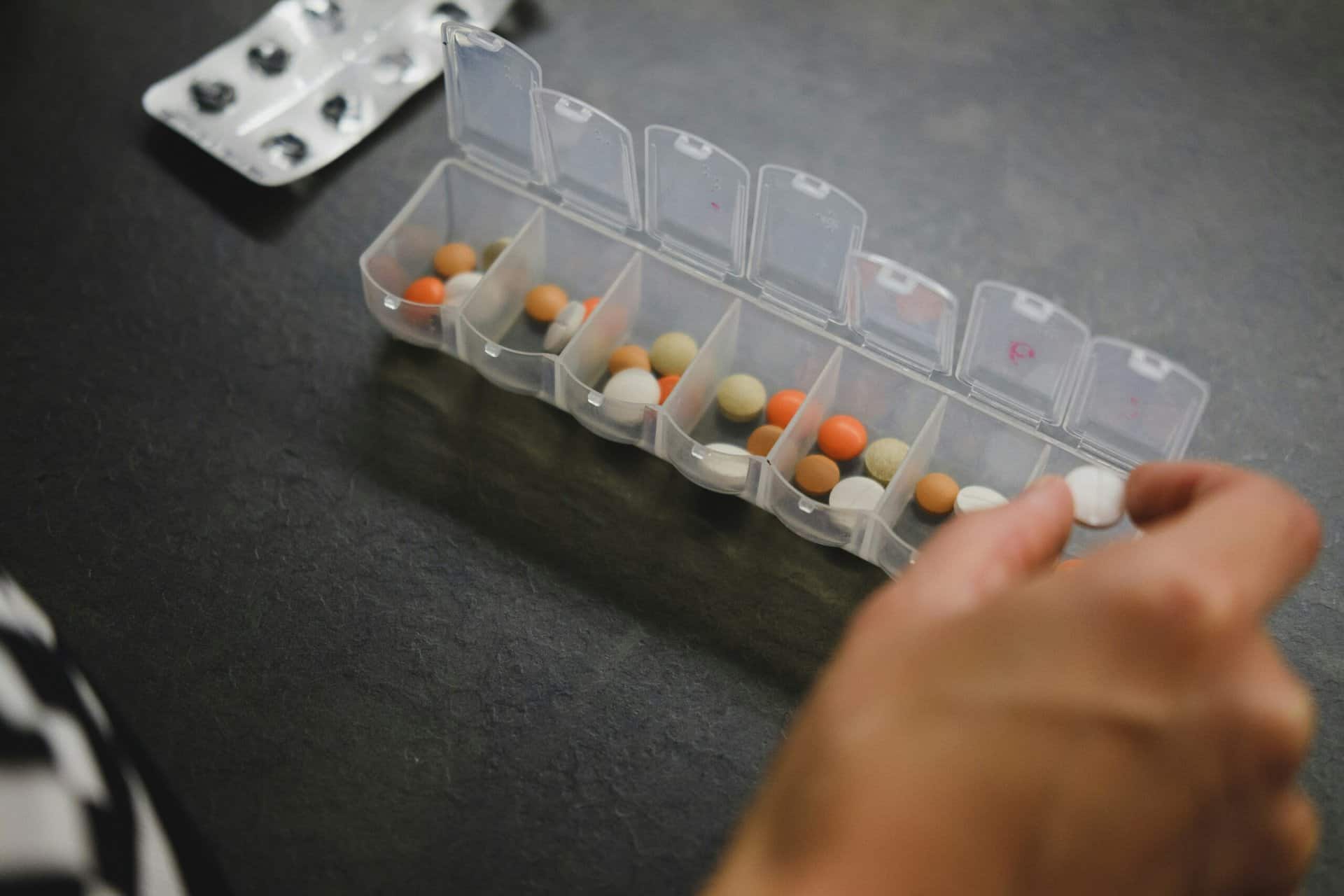“As adults, many of us envy how easy it is for kids to have fun and find joy in almost anything they do. But the truth is, we ourselves have the same opportunities that kids do to enjoy every day.”
This lead line in Rocio Ramos’ blog caught my eye. (She posts on the Youngevity Resource Center on health issues.)
Yes, I love watching kids play. And what I envy is the amount of energy available and flowing out of their bodies – I keep trying to figure out how to “bottle” some of that energy for future consumption as I need it!! Nope, haven’t got that figured out yet. Sorry.
But what really is the problem? – I think she said it well. She points to the fact we have become too overwhelmed with responsibilities, deadlines, social pressure, and our need to fulfill numerous obligations. We are “adults” after all!
As I interact with people around the Life-Story Photobook course, I hear the same “too busy” refrain but they really want to do it – it is just impossible to find the time right now, they say. They want to do it in a few months, a year, someday – interesting. I wonder how much time they think they have – the clock is ticking for all of us, you know?
So, let’s focus on today with the 5 reasons Rocio suggested we need to learn to “play” as adults. Her point is that the quicker you embrace finding time to play and unwind, the more you’ll positively impact your physical, mental, and emotional health. Check out her reasons….
- Stress Relief and Mental Health – play and even just taking time to relax (no, that is NOT a sin) can be incredible stress relievers for adults. Look for activities that bring joy and amusement to reduce the levels of stress hormones (such as cortisol) in our bodies. Doing a run/walk with the dog, playing catch with kids, or even putting together a jigsaw puzzle, divert our attention from worries and promote a sense of calm and contentment – improved mental health is the result.
- Stimulate Creativity and New Ways of Thinking – As you play and relax, it allows creative potential to be unlocked; it stimulates our imagination – even helps us think outside the box. Whether trying a new musical instrument or getting back to practicing one from the past, or experimenting with a cooking specialty (if you have not before) or simply doodling – play nurtures creativity which can have significant benefits in both personal and professional aspects of life. (she’s right on this – look at Anne who after a 25+ year corporate career, unexpectedly lost her job at the age of 55. She “explored her creativity” and discovered surface pattern design and was hooked. Next came teaching and creating a thriving entrepreneurial biz – check it out About — Anne LaFollette Art ) I love her slogan “It’s never too late to create”.
- Support Your Physical Health — Playing and relaxing also contribute to physical well-being. Any kind of sports (ok, I vote for pickleball), dancing, or yoga not only help us stay fit but also boost our cardiovascular health, strengthen muscles, and enhance flexibility. Even relaxing activities such as meditation or deep breathing exercises can support healthy blood pressure and healthy sleep. Of course, Rocio supports the same foundational nutrition supplementation that I have been doing since 2014 – 90 essential nutrients (minerals and vitamins our body does not make but needs and is not available in our food). I should also add that these essential minerals facilitate nutrients being transferred across cell membranes, maintain proper nerve conduction and help to contract and relax muscles. All of these are related to playing and relaxing.
- Can Enhance Productivity and Focus – she rightly points out our tendency to think play and relaxation take time away from being productive – but as she says, It’s quite the opposite. Taking regular breaks for leisure activities allows minds to recharge, reduces mental fatigue and increases focus. So when we return to work or tasks afterwards, we find ourselves more energized, motivated, and able to concentrate better. This boost in productivity can lead to improved performance and efficiency in the personal and professional realm.
- Better Relationships and Social Connections – Playful and relaxing activities provide opportunities for adults to connect with others on a deeper level. Engaging in shared hobbies, participating in team sports, or simply enjoying quality time with loved ones promotes bonding and strengthens relationships. The social interaction that comes with play and relaxation not only fosters a sense of belonging and support but also offers an outlet for self-expression and emotional well-being. I would add that involving oneself in the bible studies and church group activities available is doubly beneficial here.
OK, that last point got a big “boost” from another source, and the more I think about it and look around at my peer group, I agree. Dr. Will Mitchell wrote The Unbreakable Brain which is focused on shielding our brains from cognitive decline…. I am for that!! Here is what he added to the Social Interaction topic:
We are a social people. Even the grumpiest curmudgeon amongst us has lived a life woven with rich social interactions. A study published in Trends in Cognitive Science says, “Humans, born to the longest period of abject dependency of any species and dependent on conspecifics [members of same species] across the lifespan to survive and prosper, do not fare well, whether they live solitary lives or they simply perceive they live in relative isolation.” Humans need interaction for physical health and for cognitive stimulation. Socialization is so important that physical isolation and loneliness can actually bring us to an early grave. In fact, social interaction is such a dramatic factor that its very absence can be included along with other more well-documented risk factors for mortality, such as diabetes or high blood pressure.
Have you ever considered that lack of social networks do not just affect us physically but may stunt our cognitive health as well?
Mitchell pointed to the changes happening in traditionally socially interwoven societies, such as India. For thousands of years, the joint family existed in India with multiple generations living under one roof. But that social network is showing signs of decay and the situation has been studied. Researchers suggested that the high degree of social engagement in India had served as a protective role against the onset of dementia – and that it was now disappearing.
Mitchell’s summary? The incidence of dementia is likely to increase merely because people no longer lived interwoven lives.
I think back to my paternal grandparents – my grandfather had 6 siblings and my grandmother had 4. In their retired years, they would travel to each other’s homes staying weeks at a time – and reunions were a regular event. Going back one more generation, their parents lived with them – rotating between the homes of the siblings.
Yep, lots of social interaction – and they were all sharp domino players (which is my memory of being in their midst). My grandfather carved a wood playing board for the marble game he loved to play with us but also taught us a Mexican train domino game. Yes, he was in his retirement years and still sharp and active.
So, what’s our Call to Action? (yes, I am including myself) – ok, we have about 100 days left in this year – that is a good number of days and not so many that it feels out of reach. So, you can take my 100-day-countdown challenge – at the first of each week, block off at least 30 minutes each day (or a total of 3.5 hours per week) for playing and relaxing. Daily would seem more beneficial to me – but make it fit for you!!
May you and I enjoy some Adult Play!!
Food and dietary supplement products sold by Youngevity are intended to contribute to the daily diet and overall health and are not intended for use in the prevention, treatment, mitigation, or cure of any disease or health-related condition. Individuals who have or suspect they have an illness or who wish to commence a diet or exercise program should consult an appropriately licensed health care practitioner for a medical history evaluation, diagnosis, treatment, and health recommendations.



